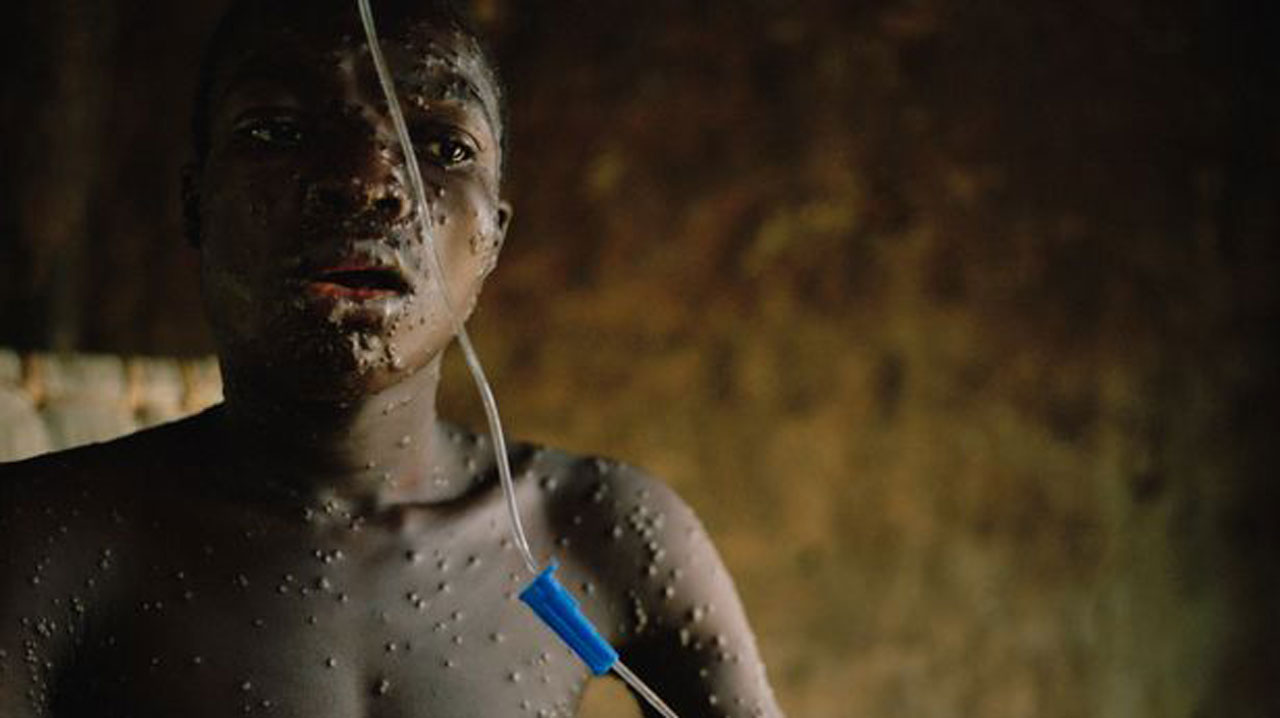
It named Rivers, Akwa-Ibom, Bayelsa, Cross River, Delta, Edo, Enugu, Imo, Lagos, Nasarawa, Oyo, Abia, Anambra, Plateau and the Federal Capital Territory (FCT), Abuja as the affected states.
Its latest situation report on the disease released yesterday showed that Rivers with 34 cases, Bayelsa (20) and Cross River (9) have the highest number of confirmed cases since the beginning of the outbreak.
The report also identified a cluster of six suspected cases with epidemiological link to a United Kingdom (UK) case in Rivers.
The Public Health England (PHE) had reported two cases of monkey pox to the NCDC, which were confirmed in the UK on September 7 and 11, 2018 on people with recent travel history to Nigeria.
Chief Executive Officer (CEO) of NCDC, Dr. Chikwe Ihekweazu, yesterday said case investigations and contact tracing were ongoing in the UK and Nigeria, adding that the NCDC is collaborating with the PHE to investigate and strengthen further control measures on the two cases so far confirmed in the UK.
According to the report, the disease affects more males with 79 per cent of confirmed cases and that the most affected age group is 21- 40 years with median age of 31.
A breakdown of the figures showed nine new cases with two confirmed; 115 confirmed cases reported from September 2017; four probable cases from September 2017; seven deaths and 17 states with at least one confirmed case including FCT.
Also, 26 states have reported at least one suspected case including FCT, while two health workers have contracted the infection.
Monkey pox is a viral disease that produces pox lesions on the skin and is closely related to smallpox, but is not nearly as deadly as smallpox.
Its history is relatively new, having been diagnosed in 1958, but the first human cases were diagnosed and differentiated from smallpox in the early 1970s.
Monkey pox virus causes the disease just as most of cases are transmitted from rodents to human beings through direct contact, but person-to-person transfer, probably by droplets, could occur at intervals.
Risk factors for monkey pox include close association with animals, usually rodents, that have the disease or by caring for a patient who has contacted it.
Its symptoms in the first few days include fever, nausea, and malaise but may include lesions (pustules, papules) on the face and trunk that ulcerate, crust over after four to seven days, but begin to clear up after about 14-21 days as lymph nodes enlarge.
[ad unit=2]






